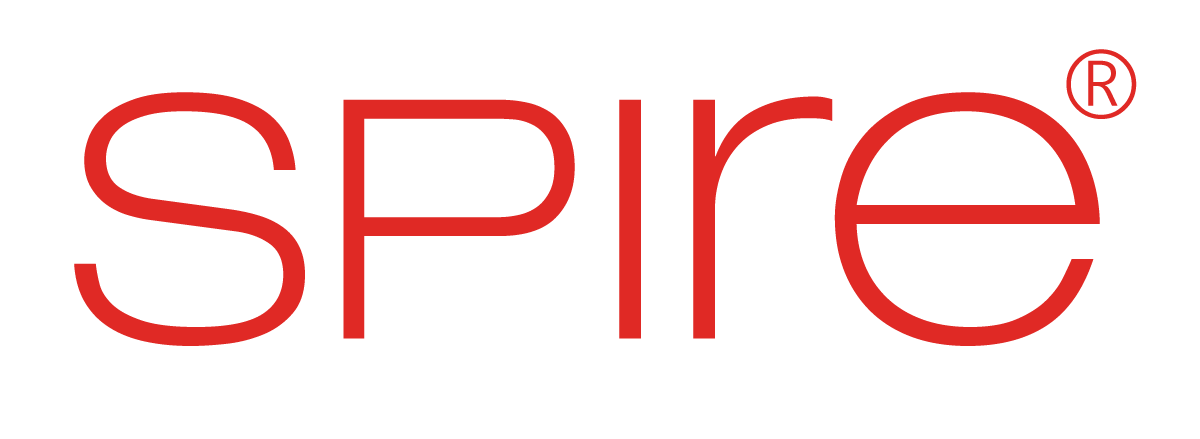Career Development Framework
What is a Career Development Framework?
A career development framework is a structured system that outlines an employee’s path within an organization. It connects key HR processes, such as performance management, career management, and workforce analytics, to support long-term employee growth. This framework helps employees identify their career progression and the skills needed to reach their goals.
It provides a clear structure with guiding principles to align employee growth with organizational needs. The framework ensures that employees understand what is required for advancement and how they can achieve it. It is an essential tool for fostering internal talent development and creating a motivated, skilled workforce.
Benefits of a Career Development Framework
- Supports Future Growth: By identifying key skills and jobs, the framework supports long-term business strategy.
- Employee Engagement: Employees feel valued when they see a clear path for growth and development.
- Skills Identification: It helps organizations identify existing skills and capabilities within job families.
- Enhanced Retention: Career development frameworks enhance job satisfaction and improve employee retention.
- Business Alignment: Aligns employee career paths with company goals, ensuring a skilled and adaptable workforce.
- Improved Career Progression: Employees can see a clear trajectory, which motivates them to stay engaged and perform at their best.
A well-designed career development framework ensures both the organization’s and the employee’s long-term success.
How can HR support Employee Career Development?
HR plays a crucial role in supporting career development by offering resources and creating opportunities for growth. Here are several ways HR can help:
- Offer Workshops and Training: HR can provide sessions on career goal setting, interview skills, and resume writing.
- Encourage Self-Assessment: Employees should be encouraged to assess their own skills and identify areas for growth.
- Conduct Career Conversations: HR can offer support for managers to have meaningful career development discussions with employees.
- Tailored Programs: Provide personalized career development plans to suit each employee’s unique skills and aspirations.
- Mentorship Programs: HR can connect employees with mentors to guide them in their career journey.
- Promote Internal Mobility: Encourage employees to explore different roles within the organization to expand their skills.
By actively supporting career development, HR can foster a culture of growth, increasing engagement and retention.
How to Start Investing in Employee Career Development
Investing in employee career development is key to fostering a motivated, skilled workforce. To begin, organizations should:
- Create Clear Career Paths: Ensure employees have a clear understanding of how they can progress within the company.
- Provide Learning Opportunities: Offer training programs that help employees develop new skills.
- Support Career Planning: Encourage employees to set career goals and provide the tools to achieve them.
- Promote Continuous Feedback: Regular feedback helps employees understand their strengths and areas for improvement.
- Ensure Leadership Support: Leadership should champion career development and create an environment conducive to growth.
By investing in career development, organizations can retain top talent, improve employee satisfaction, and ensure the future success of the business.
Conclusion
A well-structured career development framework is a vital component of talent management. It supports employee growth, aligns individual goals with business strategy, and helps organizations build a skilled workforce. By leveraging HR processes like performance management and workforce analytics, organizations can create clear career paths, enhance employee engagement, and drive retention. Career development is not just an investment in employees; it’s an investment in the future success of the organization.

Don’t Let Outdated Frameworks Hold Your Organization Back
Harness Spire.AI to Build, Deploy, and Elevate Talent Effectively


